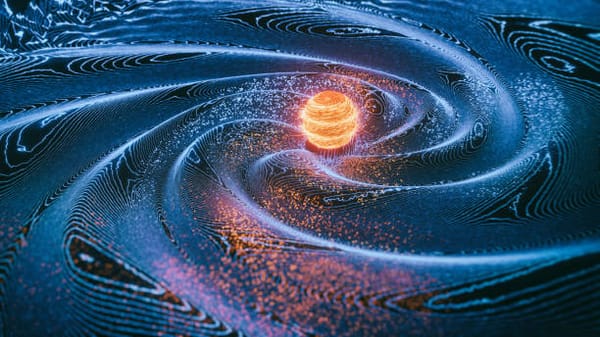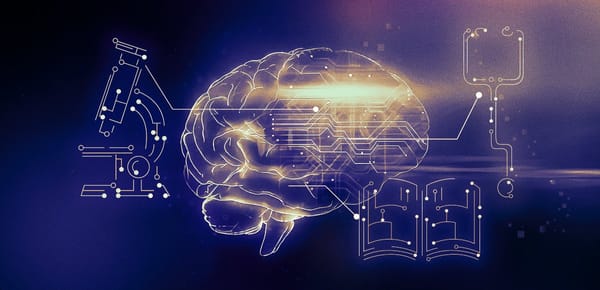Climate Change: A Collective Responsibility for We and Our Planet
we explore the causes and impacts of climate change while emphasizing the urgent need for collaborative efforts to mitigate and adapt to this existential crisis.
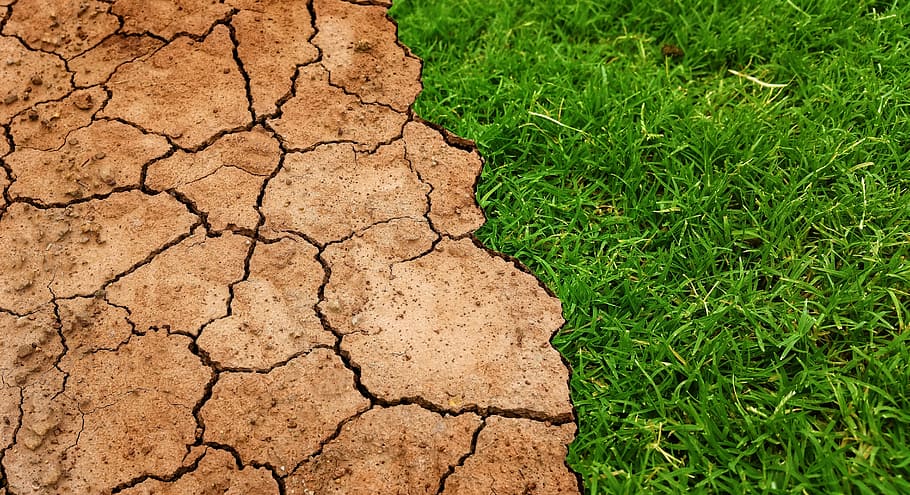
Welcome to Weandour.com, where we believe in the power of collective action to address the pressing challenges facing our planet. Today, we delve into one of the most critical issues of our time: climate change. This global phenomenon demands our immediate attention, as the consequences of inaction pose a significant threat to the well-being of future generations. In this blog post, we explore the causes and impacts of climate change while emphasizing the urgent need for collaborative efforts to mitigate and adapt to this existential crisis.
Understanding Climate Change
Climate change is one of the most pressing issues of our time. It is a global problem that requires immediate action. Climate change refers to long-term shifts in temperatures and weather patterns. Such shifts can be natural, due to changes in the sun’s activity or large volcanic eruptions. But since the 1800s, human activities have been the main driver of climate change.
The primary driver behind current climate change is the excessive emission of greenhouse gases (GHGs) into the atmosphere, primarily from burning fossil fuels, deforestation, and industrial processes. The main greenhouse gases that are causing climate change include carbon dioxide and methane. These come from using gasoline for driving a car or coal for heating a building, for example. Clearing land and cutting down forests can also release carbon dioxide. Agriculture, oil and gas operations are major sources of methane emissions. Energy, industry, transport, buildings, agriculture and land use are among the main sectors causing greenhouse gases.
The urgency of climate change cannot be overstated. The Intergovernmental Panel on Climate Change (IPCC) has warned that we have only a few years to limit global warming to 1.5°C above pre-industrial levels to avoid the worst impacts of climate change. This requires immediate and drastic action from governments, businesses, and individuals around the world.
Current impact of climate change
- Global temperatures rose about 1.8°F (1°C) from 1901 to 2020.
- Sea level rise has accelerated from 1.7 mm/year throughout most of the twentieth century to 3.2 mm/year since 1993.
- Glaciers are shrinking: average thickness of 30 well-studied glaciers has decreased more than 60 feet since 1980.
- The area covered by sea ice in the Arctic at the end of summer has shrunk by about 40% since 1979.
- The amount of carbon dioxide in the atmosphere has risen by 25% since 1958, and by about 40% since the Industrial Revolution.
- Snow is melting earlier compared to long-term averages.
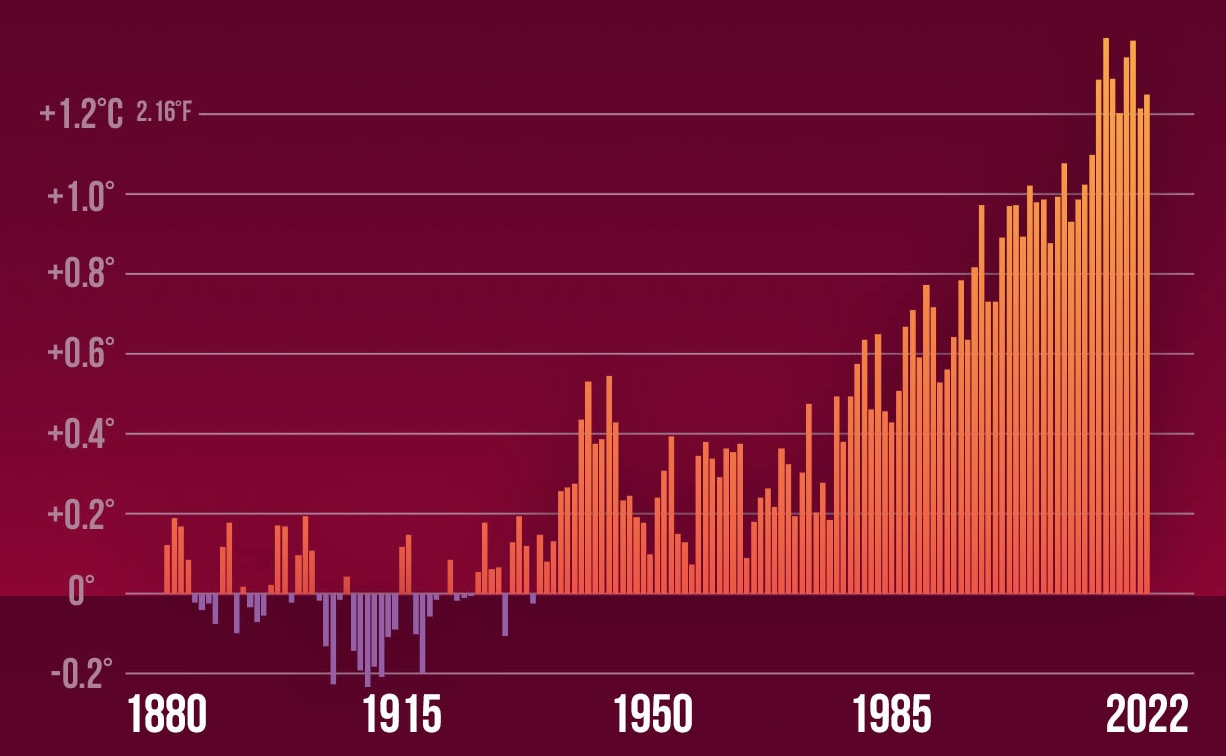
Causes of climate change
- Generating power : Generating power causes climate change by releasing greenhouse gases into the atmosphere. The process of generating power involves the burning of fossil fuels, which releases carbon dioxide, methane, and other greenhouse gases into the air. These gases trap heat and cause the Earth's temperature to rise, leading to global warming and climate change.
- Using transportation : Transportation contributes significantly to climate change through its emissions of greenhouse gases (GHGs), primarily carbon dioxide (CO2). The combustion of fossil fuels in vehicles, such as cars, trucks, ships, and airplanes, releases CO2 into the atmosphere. This process is known as carbon emissions.
Greenhouse gas (GHG) emissions from transportation account for about 29 percent of total U.S. greenhouse gas emissions, making it the largest contributor of U.S. GHG emissions. Between 1990 and 2021, GHG emissions in the transportation sector increased more in absolute terms than any other sector.
- Consuming too much : Your home and use of power, how you move around, what you eat and how much you throw away all contribute to greenhouse gas emissions. So does the consumption of goods such as clothing, electronics, and plastics. A large chunk of global greenhouse gas emissions are linked to private households. Our lifestyles have a profound impact on our planet. The wealthiest bear the greatest responsibility: the richest 1 per cent of the global population combined account for more greenhouse gas emissions than the poorest 50 per cent.
- Cutting down forests : Over the past 8,000 years, humans have cleared up to half of the forests on our planet, mostly to make room for agriculture. Cutting down or burning forests releases the carbon stored in their trees and soil, and prevents them from absorbing more CO2 in the future. Since 1850, about 30% of all CO2 emissions have come from deforestation. Deforestation can also have more local climate impacts. Because trees release moisture that cools the air around them, scientists have found that deforestation has led to more intense heat waves in North America and Eurasia.
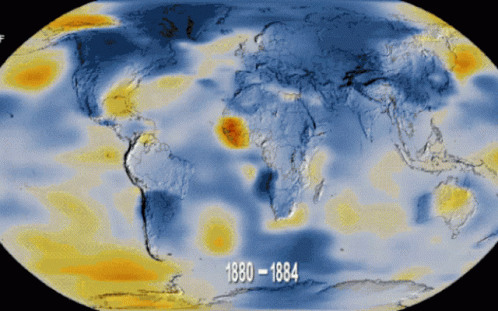
Natural causes of climate change
Natural causes of climate change are factors that occur naturally and contribute to changes in the Earth's climate. Here are some of the natural causes of climate change:
- Solar output: The amount of energy emitted by the Sun varies over time, and small changes in solar output can affect the Earth's climate. Researchers monitor these changes by observing sunspots and satellite measurements.
- Volcanic activity: Volcanic eruptions release large amounts of gases and particles into the atmosphere, which can affect the Earth's climate. These gases and particles can reflect sunlight back into space, which can cause cooling.
- Orbital changes: The Earth's orbit around the Sun changes over time, which can affect the amount of sunlight the Earth receives. These changes can cause the Earth's climate to fluctuate over long periods of time.
- Plate tectonics: The movement of the Earth's tectonic plates can affect the Earth's climate over long periods of time. For example, the collision of continents can cause changes in ocean currents, which can affect the Earth's climate.
- Natural greenhouse gases: The Earth's atmosphere contains natural greenhouse gases, such as water vapor, carbon dioxide, and methane. These gases trap heat from the Sun and keep the Earth's surface warm enough to support life. Changes in the amount of these gases in the atmosphere can affect the Earth's climate.
Effects of Climate Change
Climate change has a wide range of effects on the environment and society. Here are some of the effects of climate change:
- Hotter temperatures: As greenhouse gas concentrations rise, so does the global surface temperature. This can lead to heat waves, droughts, and wildfires.
- More severe storms: Climate change can cause more frequent and severe storms, such as hurricanes, typhoons, and cyclones.
- Increased drought: Climate change can cause more frequent and severe droughts, which can lead to water shortages and crop failures.
- Rising sea levels: Climate change can cause the ocean to warm and expand, leading to rising sea levels and more frequent and severe coastal flooding.
- Loss of species: Climate change can cause the extinction of many plant and animal species, as they are unable to adapt to the changing climate.
- Health risks: Climate change can lead to an increase in health risks, such as heat-related illnesses, respiratory problems, and the spread of infectious diseases.
- Economic impacts: Climate change can have significant economic impacts, such as damage to infrastructure, loss of property, and increased costs for food and energy.
- Social impacts: Climate change can lead to social impacts, such as displacement of communities, migration, and conflict over resources.
The Power of Collective Action
While the challenges posed by climate change are daunting, collective action offers hope for a sustainable future. Governments, businesses, communities, and individuals all play crucial roles in addressing this global crisis. Here are some key steps we can take:
- Transition to Clean Energy: Shifting from fossil fuels to renewable energy sources like solar, wind, and hydropower is essential to reduce GHG emissions.
- Sustainable Transportation: Promote the use of electric vehicles, prioritize public transportation, and encourage cycling and walking to reduce carbon emissions from transportation.
- Reforestation and Conservation: Support initiatives that protect and restore forests, which act as natural carbon sinks and preserve biodiversity.
- Sustainable Agriculture: Advocate for sustainable farming practices, including organic farming, agroforestry, and precision agriculture, to reduce carbon emissions and ensure food security.
- Raise Awareness and Education: Spread knowledge about climate change, its impacts, and solutions to inspire others to take action. Education empowers individuals to make informed choices that contribute to a sustainable future.
- Recycle: Recycling is a cost-effective and eco-friendly process that eliminates waste and doesn’t emit greenhouse gasses into the environment.
- Get Active and Vote: One of the best ways to improve climate change to is to help those who will fight against it get into office. This means voting for legislation and politicians that aid against the detrimental effects of climate change.
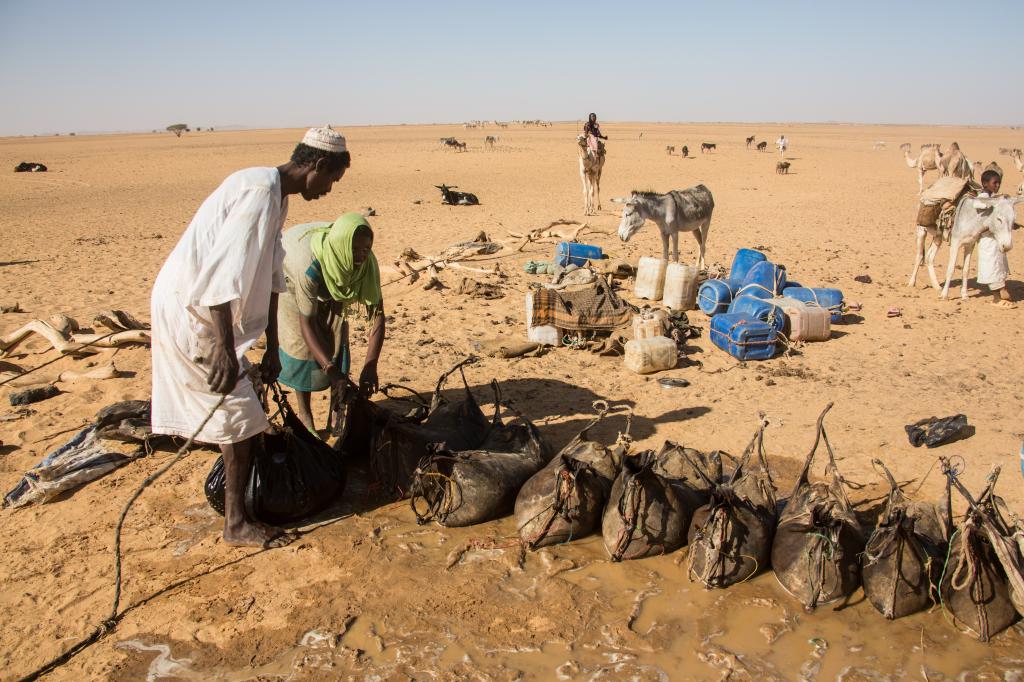

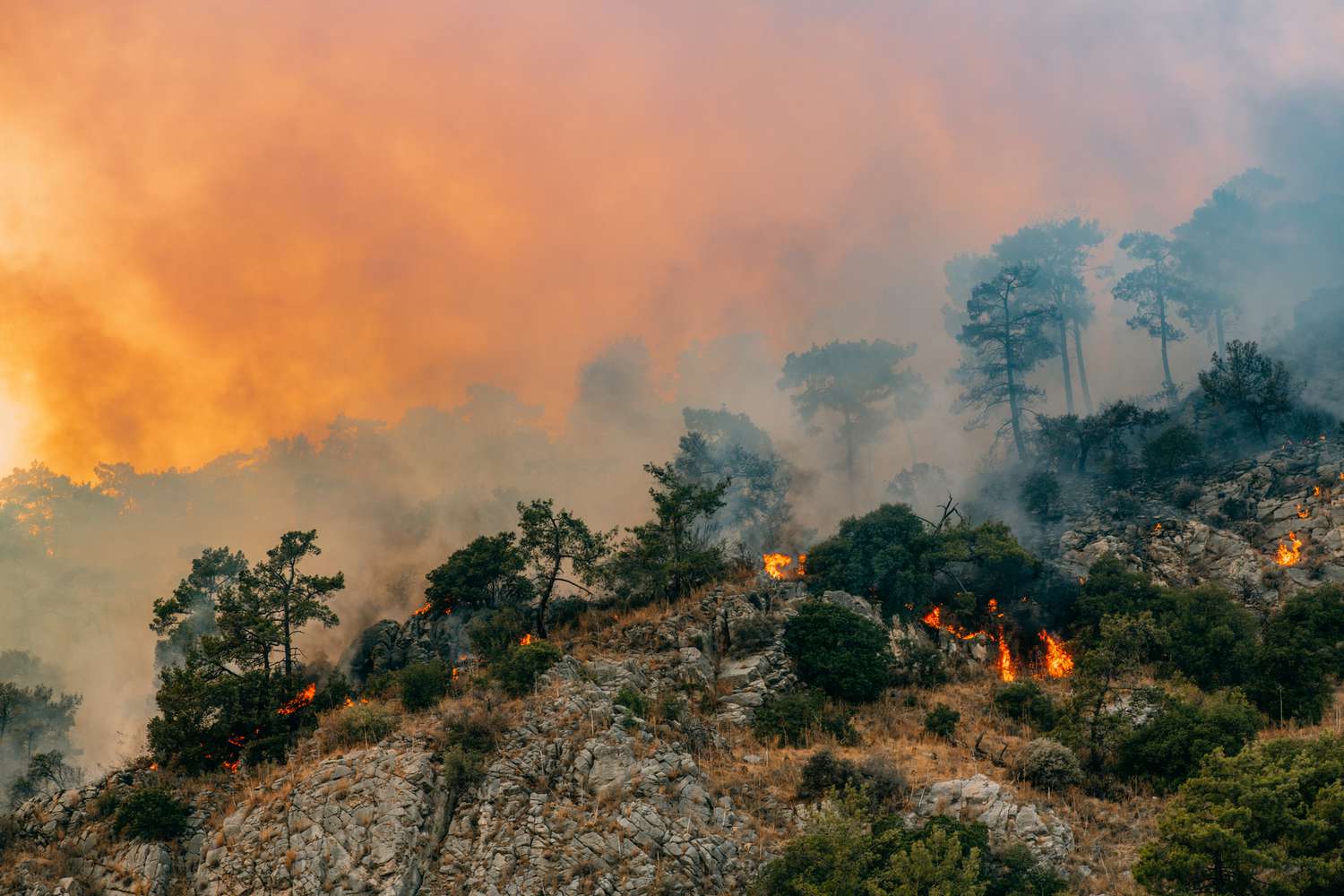
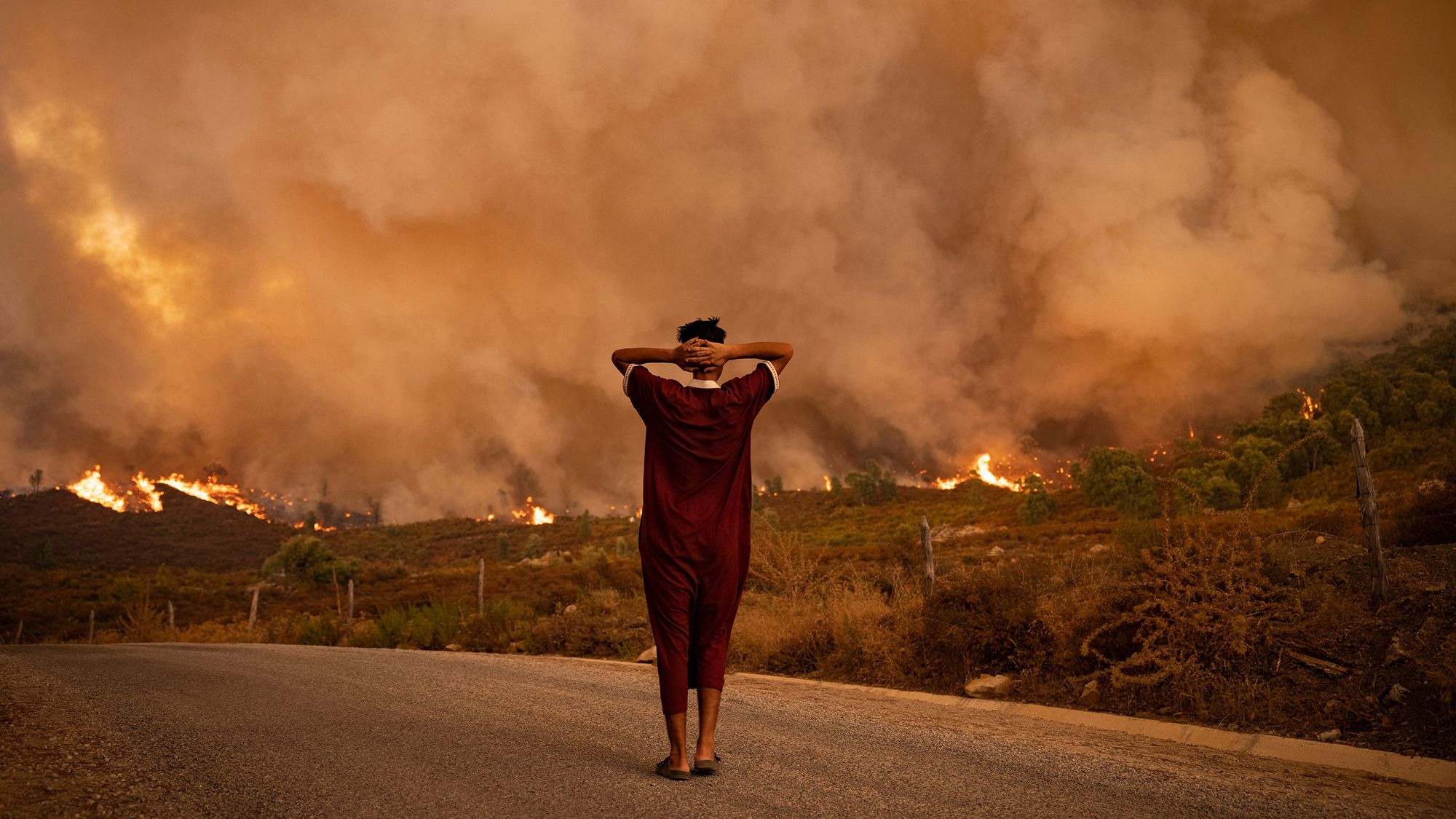
How much time do we have to stop climate change?
The time to act is now. The longer we wait, the more difficult and expensive it will be to address the problem. We need systemic change, such as transitioning to renewable energy and implementing policies to reduce greenhouse gas emissions.
What happens if we do nothing to stop climate change?
If unchecked, the impacts of climate change will spread and worsen with more animal extinction and biodiversity loss, water shortages, and displaced communities. It threatens the essential ingredients of good health – clean air, safe drinking water, nutritious food supply, and safe shelter – and has the potential to undermine decades of progress in global health.
Conclusion
Climate change is not an isolated issue but a shared responsibility that demands collective action from We and Our planet. By adopting sustainable practices, promoting renewable energy, conserving natural resources, and raising awareness, we can mitigate the impacts of climate change and build a resilient future for generations to come. Let us unite and harness the power of collaboration to protect our planet and ensure a sustainable and prosperous future for all. Together, we can make a difference.



